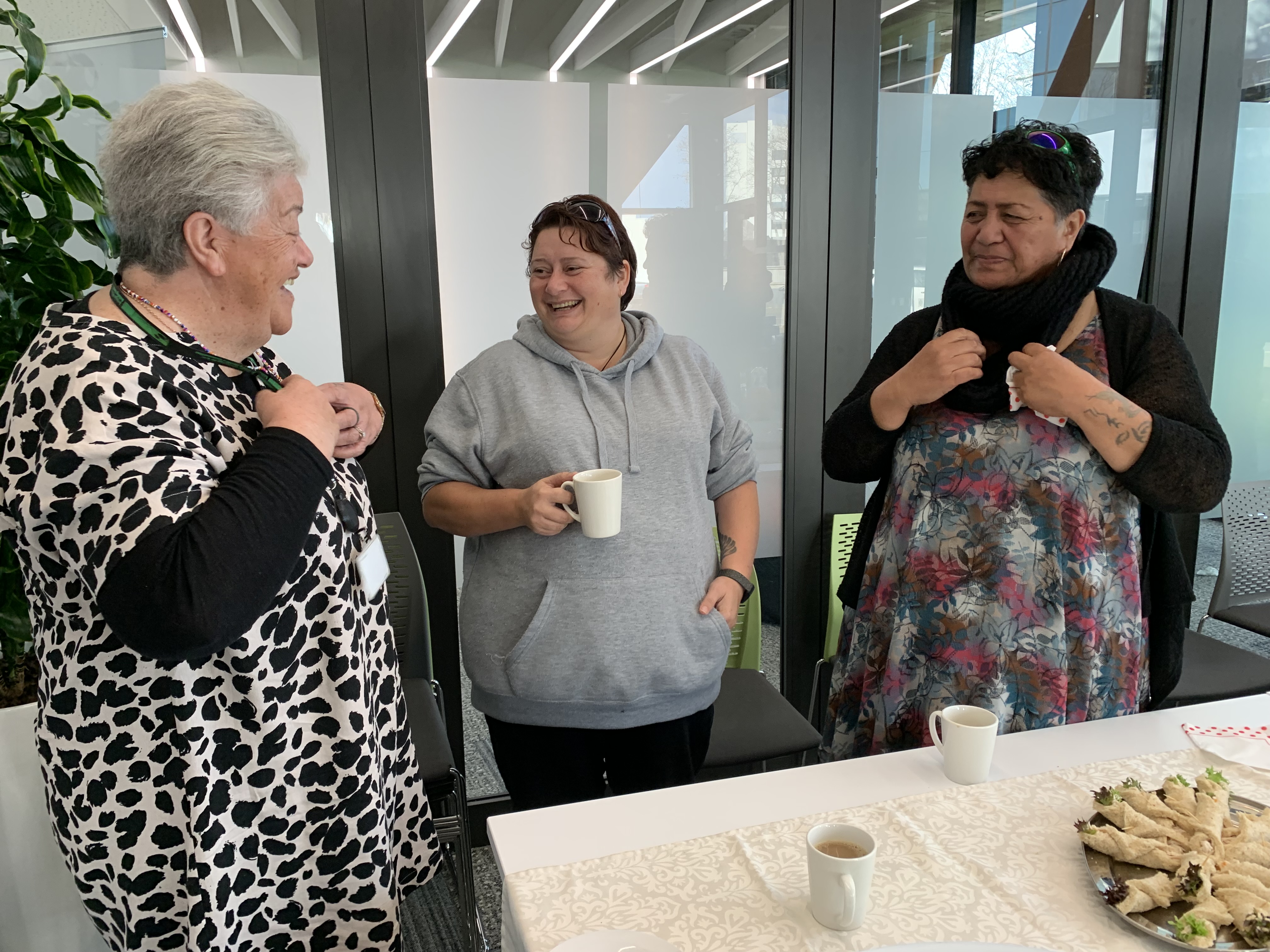A multi-agency team in Waikato are hoping to raise awareness, connectedness and increase information sharing around FASD (Fetal Alcohol Spectrum Disorder).
They recently held a morning tea to mark International FASD Day, one of many initiatives underway in the region to improve outcomes for tamariki and families with FASD.


